National Zoo Keeper Week
It’s National Zoo Keeper Appreciation Week and we’re celebrating the amazing work our zookeepers do for wildlife every day. They are the dedicated keepers, teachers, and caretakers of the animals here at the zoo. They are also some of the most Passionate hardworking people you’ll meet. The Maryland Zoo is fortunate to have expert teams of animal professionals focused on the care of more than 200 species big and small. We’re so grateful for their knowledge, expertise, and commitment which continues to advance animal husbandry and wildlife conservation here and around the globe.
This year, National Zoo Keeper Week is July 16-22. Each day we’ll share new keeper profiles and introduce you to the people making a difference for animals at the Maryland Zoo.
Meet Katie Z.
What area of the zoo do you work in and with what animals do you work?
I work as a Contact Area Keeper so I spend most of my time in the Zoo’s Farmyard and Giraffe Feeding Station. I also get to help out wherever else is needed which means I get to work with most of the animals in the zoo in some capacity.
How long have you been working at the zoo?
I have been at the Maryland Zoo for a little past 2 years
Why did you choose to work at the zoo?
I chose to work at the zoo because species conservation is important to me and I want to contribute to the field of conservation through animal care, research, and education.
What is a typical work day like at the zoo?
A typical day starts at 8 am where the teams talk about the plan for that day. Then I head to the animal area I am assigned to that day to begin a morning of feeding and cleaning to care for the animals in the best way possible. Because of the nature of my position at the zoo, the animal area I am in changes from day-to-day. Each day usually involves a significant amount of cleaning and often times lots of opportunities to speak with guests about some of the animals at the zoo. One of my favorite aspects of each day involves providing enrichment for the animals in our care because each animal is often excited for their daily enrichment.
Is it hard to work at the zoo and why?
Working at a zoo can be tough; every day is different and brings a new set of challenges, physically, mentally, and emotionally. We also face problems at work the average person does not ever have to experience, like how a broken hose or wheelbarrow can throw off an entire morning. As hard as it can be to work at a zoo, it would be much harder to have a vocation I didn’t enjoy.
When did you first start thinking about working in a zoo?
I thought the only way I’d ever be able to work with animals is if I became a vet and I knew that wasn’t for me. Then through an internship in collage, I learned there was an alternative, and so I began a delightful adventure to pursue a dream to become a zookeeper.
What steps did you take in order to become a keeper at the zoo?
I had a zoo internship in collage and worked for the U.S. Department of Agriculture. After I volunteered at a zoo for a year, I was offered a job as a zookeeper
What type of person or what skills make for a good keeper?
Being creative and resourceful is definitely a plus. This job requires quite a bit of ingenuity and innovation to make the most out of every situation.
What was your favorite subject in school and why?
My favorite subject in school is history because it provides context for how the world is viewed in modern times.
What hobbies/interests do you have outside of your zoo life?
I am currently pursuing my Master’s degree in Biology which occupies a significant amount of time outside of work. When not at the zoo or occupied by schoolwork, I enjoy hiking, yoga, mini golf, volunteering at a local homeless shelter, and training for a half marathon in a few months.
Have you done any unique conservation, research, or professional development experiences related to your work at the zoo?
I recently returned from conducting field research in the Amazon rainforest. I worked with a team of researchers surveying the diversity of bird species in the area to gain better insight into how deforestation and gold mining in the region is affecting avian wildlife.
What do you think is an important reason to support the zoo?
Zoos do incredible work in allocating the time and resources it takes to save species from extinction and educate the public on why their survival is important. The Maryland Zoo is especially dedicated to this.

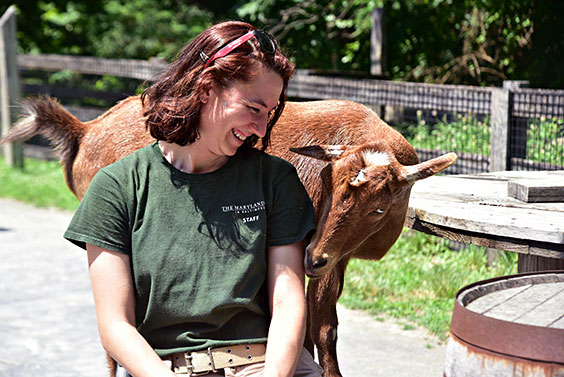
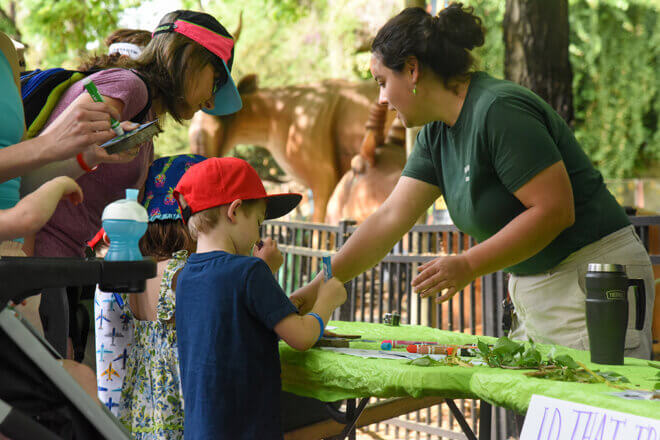
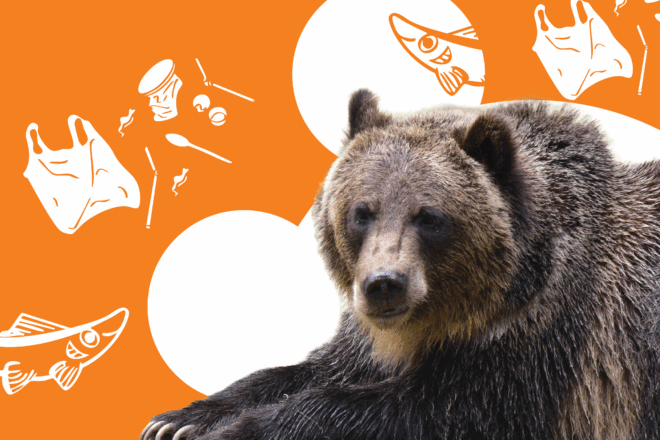
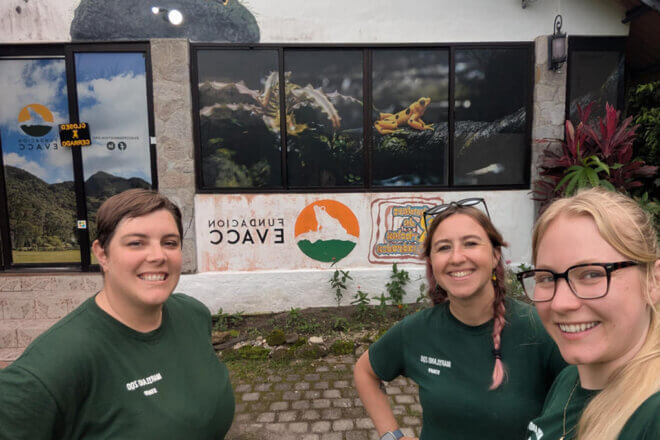
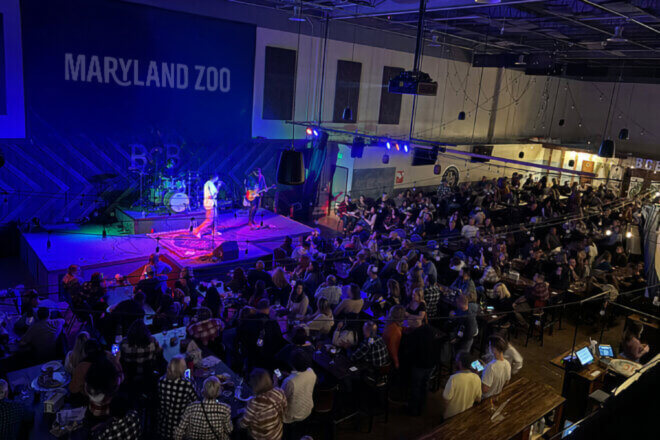
Share this article